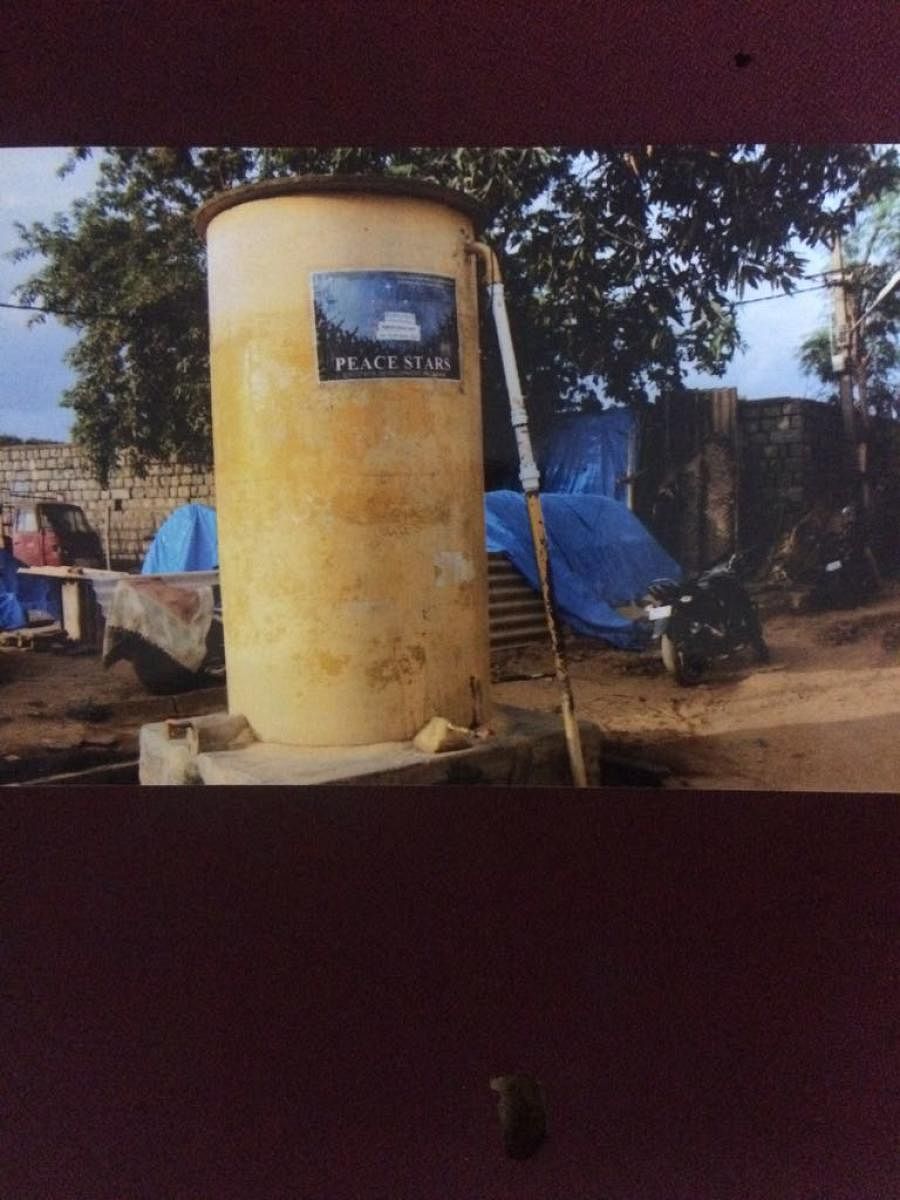
The Bangalore Water Supply and Sewerage Board (BWSSB) has installed 25 disinfectant units at its borewell locations across the city on a trial basis to curb contaminants in the groundwater.
The initiative was taken up in 2017 to address the quality of water from borewells, which contained high amounts of total hardness, alkalinity, chloride, calcium and coliform.
The tubular electrolyser units that have been installed operate on low voltage, using only 12 volt power, wherein, an appropriate chlorine dosage is sensed by an intelligent software and suitably monitors water from any source.
The electrolysis process utilises the naturally present chlorides in untreated water and the process takes care of chlorine production. It maintains a dosage balance and destroys bacteria and virus in the groundwater. The electrode assembly is mounted internally in the overhead tank. The chlorine generation occurs whenever water is pumped into the overhead tank.
In a letter, a BWSSB official stated that 70 to 80% of groundwater extracted through borewells is not fit for human consumption unless treated. Though reverse osmosis (RO) plants are installed in selected locations, at some places, water needs to be treated even for non-potable purposes.
Jyothi Subramani of Jyothi Electricals, which supplied these units to BWSSB, said these units were not only installed in the city, but even in rural areas where there are no RO plants and people completely depend on borewell water.
Kumar Naik L, executive engineer, (pumping station and borewell), said the units that have been installed at 25 borewells have been yielding good results in terms of quality. "In Bengaluru, these units will be useful at places where the groundwater is badly contaminated. We will consider whether or not to install more units as the city already has access to pure drinking water through various RO plants within the core area of the city," he said.
BWSSB has around 9,200 borewells under its control.